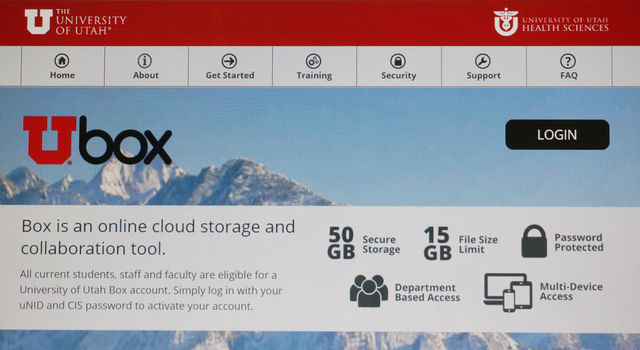Peer-to-peer file sharing, or accessing the hard drives of other users to upload and download files, is not criminal, but the illegal sharing of copyrighted materials, such as music and movies, is.
In 1998, Shawn Fanning founded Napster, an online program that utilized peer-to-peer file sharing specifically with the aim for users to share music files. At the turn of the millennium, Napster boasted more than 70 million registered users, but by 2001, in the face of lawsuits from various music companies and artists, the song-swapping network shut down.
Reparations for users sharing copyrighted material eventually ended the short-lived website, but in its wake many other websites and programs, such as Limewire, PirateBay and various Torrent programs, have become commonplace, especially at college campuses, including the U.
“It’s pretty rampant,” said Colby Gray, IT Manager at the U.
People violating the Digital Millennium Copyright Act, a U.S. law concerning copyright misuse, on campus can receive violation notifications from any number of companies.
“We get notifications from that all the time,” Gray said. “They are really good at finding out if you are sharing their copyrighted stuff.”
As a service provider and under safe harbor protection, UIT is liable to distribute notices, including fines and threats of lawsuit, to users “caught” sharing copyrighted material illegally over the university’s Internet.
“We don’t police,” Gray said. “We just get notifications and pass them on.”
First-time violations come with a warning from UIT. If someone is warned a second time, they must fill out a form and possibly have their internet access restricted. A third violation and users will be referred to the Dean of Students Office.
Gray said illegally sharing copyrighted material is not confined to any one area of campus, such as housing. There are spikes in violation notices when certain movies and television shows, such as the upcoming “Star Wars: The Force Awakens” and a new season of “Game of Thrones,” are released.
The Marriott Library, which has in the past had problems with high amounts of credit card trafficking and other illegal activities on their public computers, has seen a decrease in copyright violations in recent years.
“I think because of streaming sources people don’t do it as much anymore because they can do it in a legal way,” said Matthew Irsik, head of user support and computing services at the Marriott Library.
Streaming services such as Spotify offer college student specials in hopes of curtailing any revenue lost to illegally shared material through peer-to-peer file sharing networks.
b.hart@dailyutahchronicle.com
@BeauHart13


